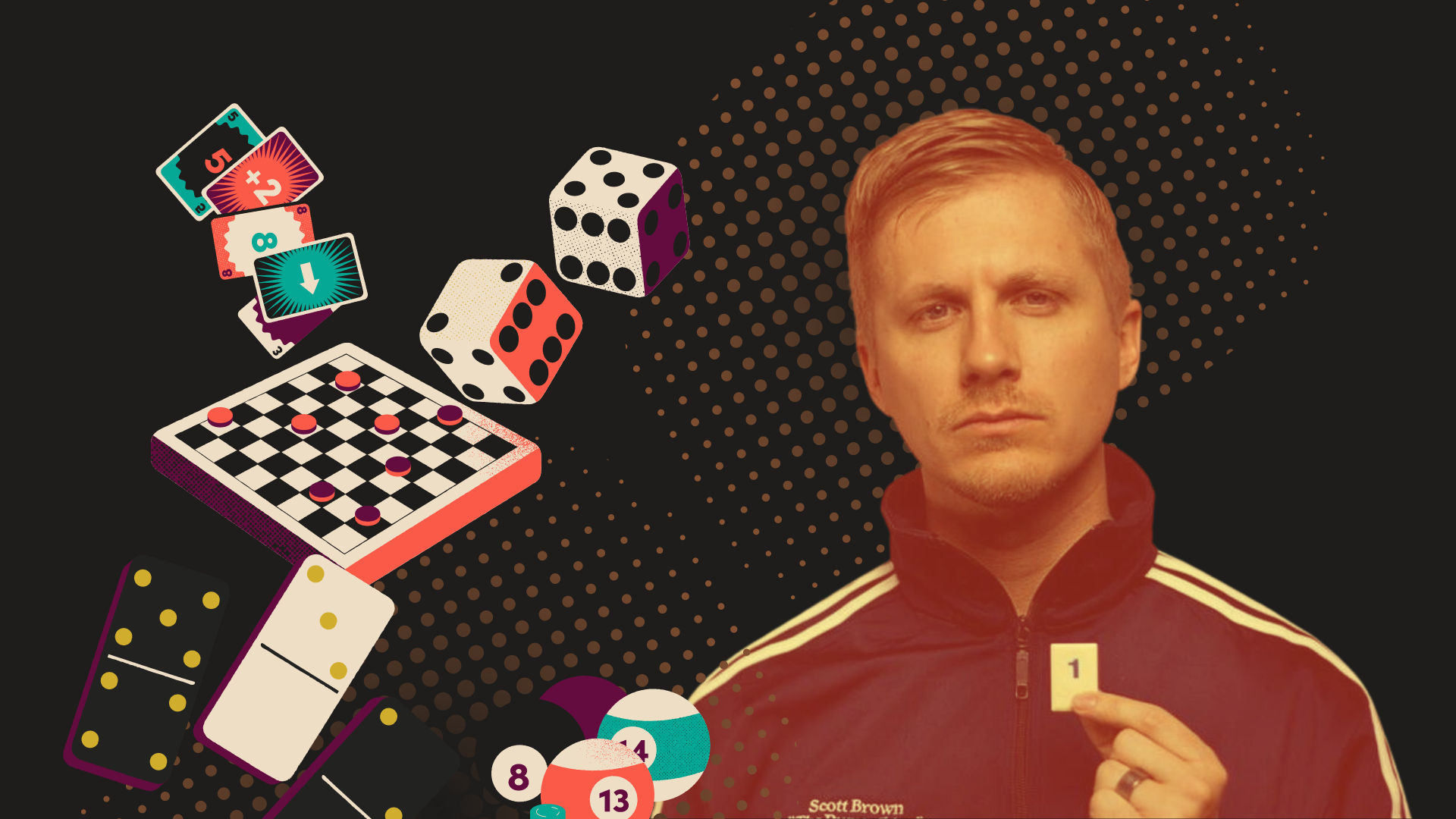Scott Brown on Inventing Educational Games, The Creative Process, and Entrepreneurship
In 1988, I remember watching the movie “Big” with Tom Hanks. If you have not seen it and had plans to excavate 80’s comedies, then I offer this Spoiler Alert: The film is about a kid who is magically transformed into an adult by an old school fortune-telling arcade game, but is still a twelve-year-old on the inside. Watching this as a kid around the same age as the lead character made a couple of strong impressions. The first was that I’m pretty sure Tom Hanks’ character had sex with an adult woman in the movie, which at the time brought up a lot of weird feelings - and even more now. He was a kid on the inside so what kind of statutory laws apply in the world magical age-morphing? But I digress. The subject that really hit me was the “What am I going to be when I grow up?” question. Because at least for me, as I entered my teenage years, I felt I had begun to move on from my earlier aspirations of “astronaut” or “secret agent spy.”
Tom Hanks’ character finds himself employed as a toy inventor after his inquisitive childlike nature is revealed to a toy company. There are several overlapping fantasies taking place in this story, including the one of what an adult’s corporate salary would mean to a twelve-year-old. But the nature of the work was the most appealing to me. Watching this as a kid immediately made me think that this had to be the greatest job in the world. Playing with toys all day and ideating on new ones? Sign me up. I have no idea when I lost interest in that thought, nor why, but that’s how teenage brains tend to work. However, many years later, I did happen to become friends with several people in the industry. Some of them were on the independent inventor side of the business, and others on the corporate side. What they all had in common was their general sentiments about the industry; it was a dog-eat-dog, highly competitive, and surprisingly conservative space.
When I found out my brother-in-law was in the toy and game industry, it no longer had the magical connotation that it did earlier in my life, perhaps soured by the accounts I had heard from others about the corporate political jockeying or legal battles around licensing. But I discovered that Scott Brown wasn’t obsessed with coming up with the next Furby, but instead building out a national chain of retail stores focused on games that strengthened the brain. The concept he helped create is called Marbles the Brain Store. The Marbles mission was to "Build Better Brains" and was based on research around the brain's ability to adapt and improve at any age.
Scott was involved in many, many aspects of this retail chain that grew to forty locations. At the time, we were living across the country from each other and when we’d catch up at a family gathering, he might have been working on art files for packaging, going through operational performance spreadsheets, speaking to investors, or fresh off a plane after visiting a dozen different store locations. However, my favorite part about what he was doing at that time was seeing the reactions on peoples’ faces when he said he “created adult toys” for a living.
As the world of mall retail became increasingly challenging, Scott eventually moved on to work for Marbles’ acquiring entity while also beginning a journey as an inventor without all the operational overhead distractions. After noting that one of his educational videos was sitting at about 55 million views on YouTube, he started thinking about the power of a digital audience, and how it might be converted into a business via e-commerce. Scott created a very cool geography poster for kids that was based on the insanely catchy Tour the States song and YouTube video that had done so well. Enter Shopify and Amazon, and he had a recipe for a hit. Scott has since created several more concepts to add to his repertoire of over 150 products that he has helped design, develop, and launch.

